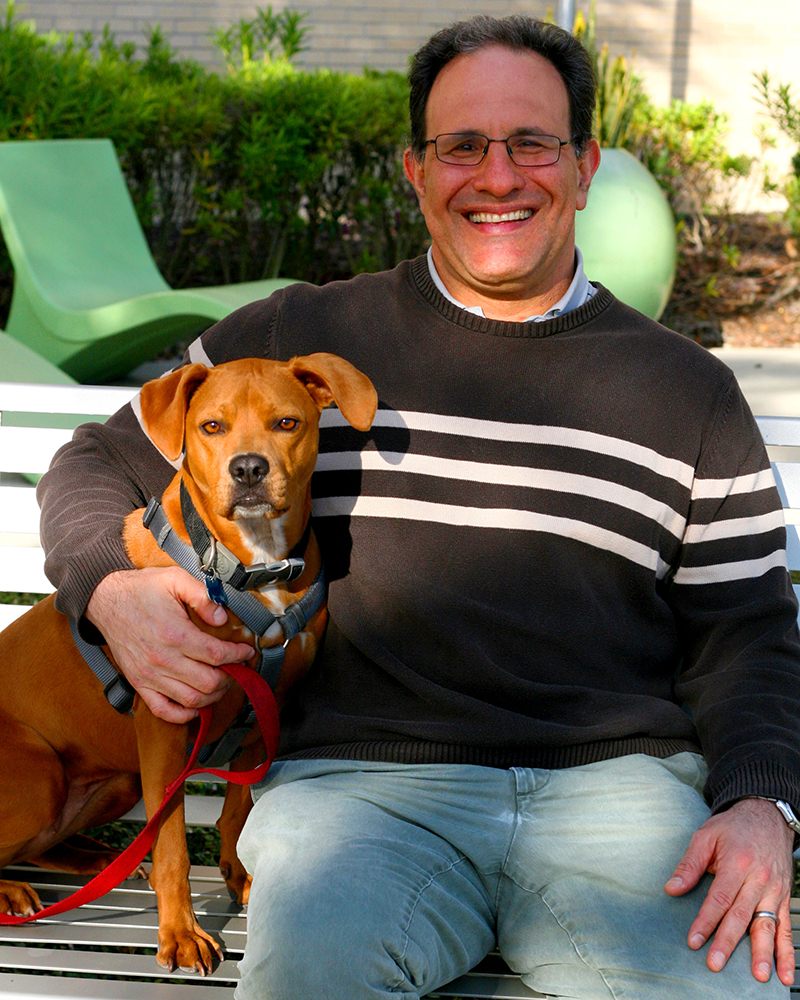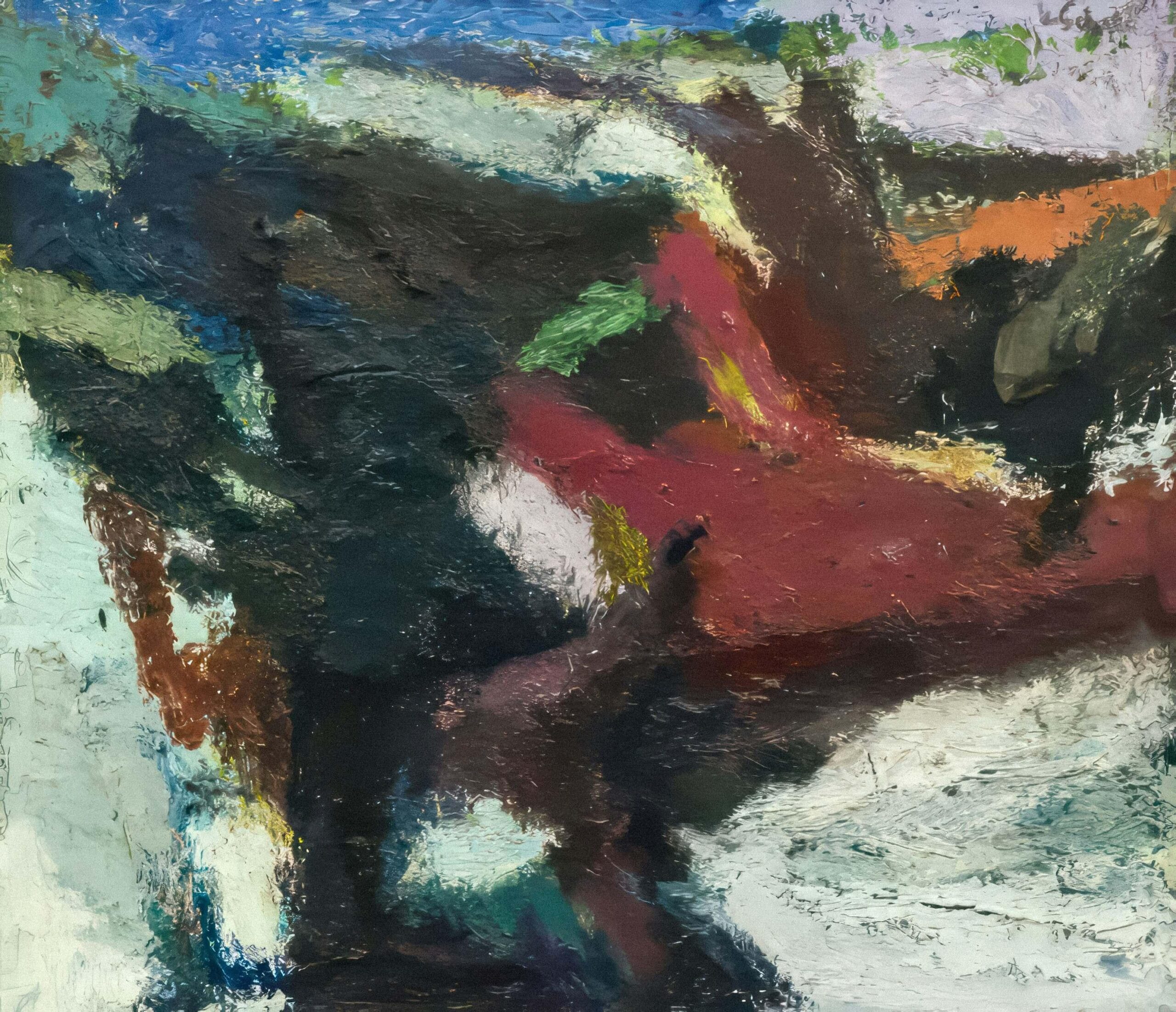Steven Tauber

Notice: Undefined variable: post_id in /nas/content/live/cultureanimals/wp-content/themes/Gaea-child/single-project.php on line 93
Research, 2022, Grantee Link >
Steven Tauber, a professor of Political Science in the School of Interdisciplinary Global Studies at the University of South Florida, received a CAF grant to construct a database for a project entitled “The Global Animal Advocacy Movement’s (GAAM) Influence on International Animal Law Outcomes.” This proposal concentrated on GAAM’s litigation activities, supporting a research assistant to help build a database of animal advocacy litigation in International Law and in nations’ high courts. Steven writes:
I hypothesize that activists can protect animals by pursuing litigation in courts throughout the world; however, legal, political, economic, social, and cultural factors constrain their ability to effectuate meaningful outcomes for animals. Some of this research is qualitative, but testing this hypothesis also requires building a quantitative database of animal law cases decided in high courts across the globe and in international courts. This database will include variables on the outcome of the case; extent of animal protection involved; the presence of activist groups; and legal, political, social, economic, and cultural factors surrounding the case. In addition to using this database to statistically test my hypothesis, I will make it available to the public.
In December 2022, Steven let us know that the database had been built. The database contains, he writes, “political, economic, and social variables for each relevant nation, and characteristics of the case, such as the type of animal involved and the legal issues at stake.”
In addition to creating the database, Steven presented at the Law & Society Association Annual Conference in Lisbon, Portugal. He told the attendees that “preliminary results demonstrated that animal advocacy participation does not significantly increase the chance of a ‘pro-animal’ outcome. Conversely, government participation against animals’ interests strongly increases the chance of an ‘anti-animal’ decision. The preliminary results contribute to scholarly analyses of social movement litigation, and they offer lessons for animal advocacy movement litigation. Of course, the main impact of this project will not be fully realized until I complete data collection.”
